privatised censorship
Filter by...
-
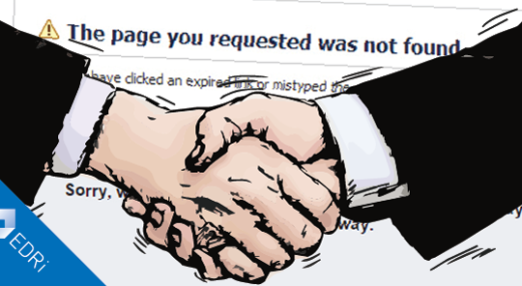
Poland: Privatised law enforcement or protecting users’ rights?
How to regulate content moderation policies of Facebook and other social media platforms is a challenge worldwide. In Poland, such a discussion has been ongoing for more than a year. A few months ago, the previous Minister of Digital Affairs Anna Strzezynska presented the proposal for a new bill, whose aim was to guarantee that […]
Read more
-
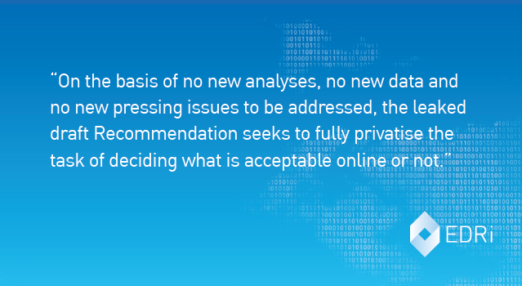
LEAK: European Commission’s reckless draft Recommendation on “illegal” content
In September 2017, the European Commission adopted its widely criticised “Communication on Illegal Online Content.” Now, already, due to political pressure and internal competition between various European Commission services, a new Commission proposal for a Recommendation on the same subject is close to being shared with the Council for unanimous support, albeit not being legally […]
Read more
-
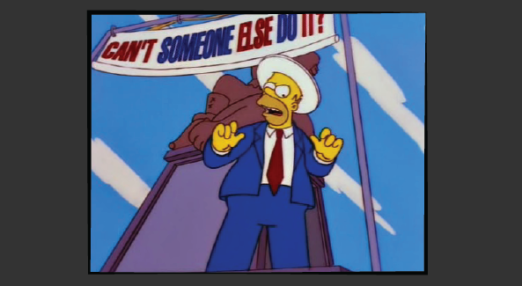
Commission’s position on tackling illegal content online is contradictory and dangerous for free speech
Today, on 28 September, the European Commission published its long-awaited Communication “Tackling Illegal Content Online”. This follows a leaked copy we previously analysed. The document puts virtually all its focus on internet companies monitoring online communications, in order to remove content that they decide might be illegal. It presents few safeguards for free speech, and […]
Read more
-
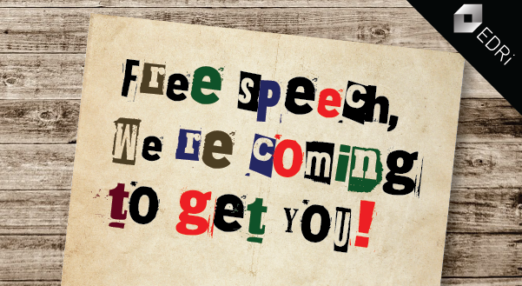
Germany: Will 30 June be the day populism killed free speech?
On 30 June 2017, the German Parliament will vote on the bill on “Enforcement on Social Networks”, also known as the “NetzDG”. This draft law, if adopted, could seriously impair human rights online, including freedom of expression and opinion. That is why we tirelessly explored different ways to make sure the European Union (EU) would […]
Read more
-
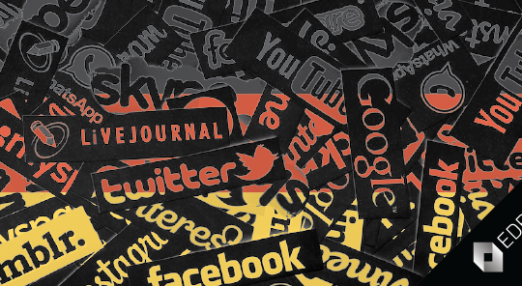
EU action needed: German NetzDG draft threatens freedom of expression
On 22 May 2017 six civil society and industry associations sent an open letter to eight EU Commissioners asking to take action against the German bill on “Enforcement on Social Networks”, the “NetzDG”.
Read more
-
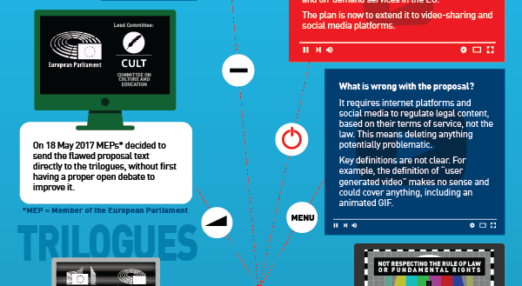
Audiovisual Media Services Directive reform: Document pool
On 25 May 2016, the European Commission proposed to reform the Audiovisual Media Services Directive (the “AVMS Directive” or “AVMSD”). The current AVMS Directive (2010) is the European Union (EU) legal framework that regulates traditional TV broadcasters and on-demand services in the EU Member States. The AVMSD contains rules on audiovisual advertising; jurisdiction over providers; […]
Read more
-

German Social Media law – sharp criticism from leading legal expert
Professor Wolfgang Schulz, one of Europe’s preeminent legal experts, has prepared a short critique of Germany’s so-called “Act improving Law Enforcement on Social Networks”, also known under the abbreviation NetzDG.
Read more
-
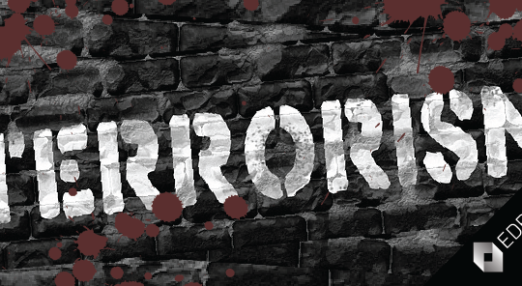
The time has come to complain about the Terrorism Directive
Nearly a year has passed since we told that you’d be now complaining about the Terrorism Directive. On 16 February, Members of the European Parliament (MEPs) will vote on the draft Terrorism Directive. EU policy-makers have meaningfully addressed only very few of the concerns that EDRi and other NGOs have raised since the beginning of […]
Read more
-
Commission responds to Ombudsman investigation on EU Internet Forum
In April 2016, the European Ombudsman launched an investigation into the European Commission’s failure to disclose information of the “EU Internet Forum”. The EU Internet Forum brings together US internet companies (Microsoft, Facebook, Twitter, Google), government officials, and law enforcement agencies to discuss how to reduce the accessibility of undefined “terrorist material” and badly defined […]
Read more
-
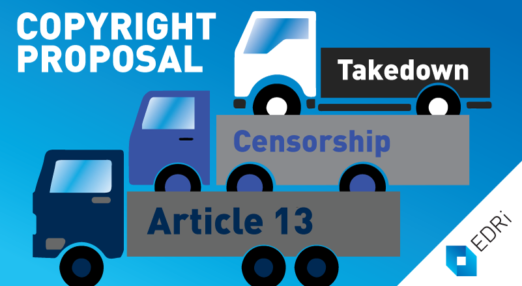
EU Copyright Directive – privatised censorship and filtering of free speech
The European Commission’s proposal on copyright attempts something very ambitious – two different measures that would restrict free speech, squeezed into a single article of a legislative proposal.
Read more
-
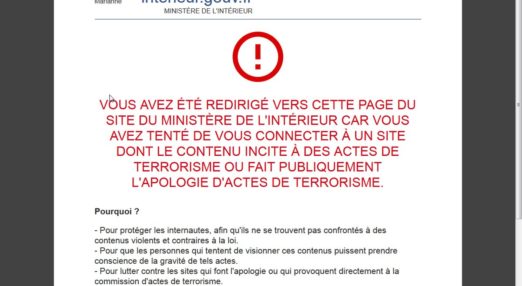
Orange is the new blacklist
On Monday morning 17 October, Orange customers who tried to access Google.fr, fr.wikipedia.org and other sites found themselves being redirected to the site of the Interior Ministry explaining that those sites were blocked. The banned websites were accused of “provoking terrorist acts or publicly glorifying terrorist acts”.
Read more
-

Social media as censors of public sphere: YouTube vs. Ombudsman
In early September 2016, a popular Norwegian writer got suspended from Facebook, on account of “child nudity”. The matter escalated into an international incident, involving Norway’s largest printed newspaper and the country’s prime minister. Finally the writer’s Facebook status was restored, the suspension was ended, and Facebook promised to do better.
Read more
